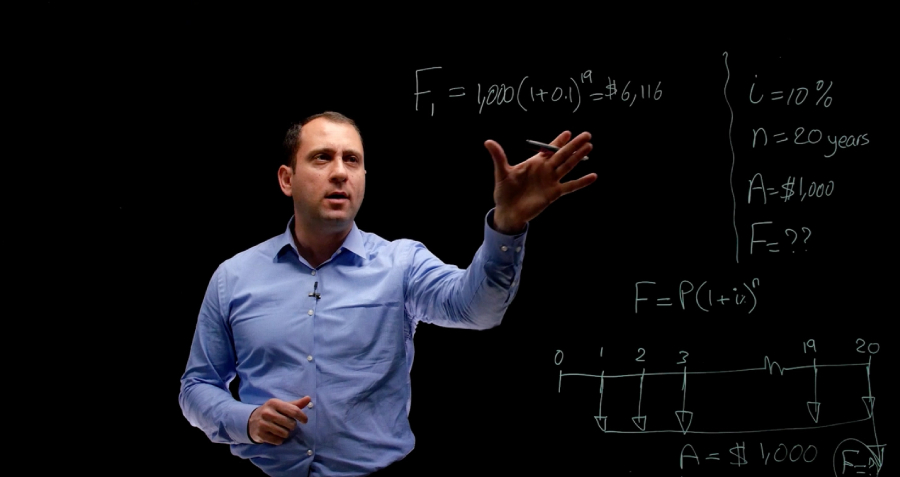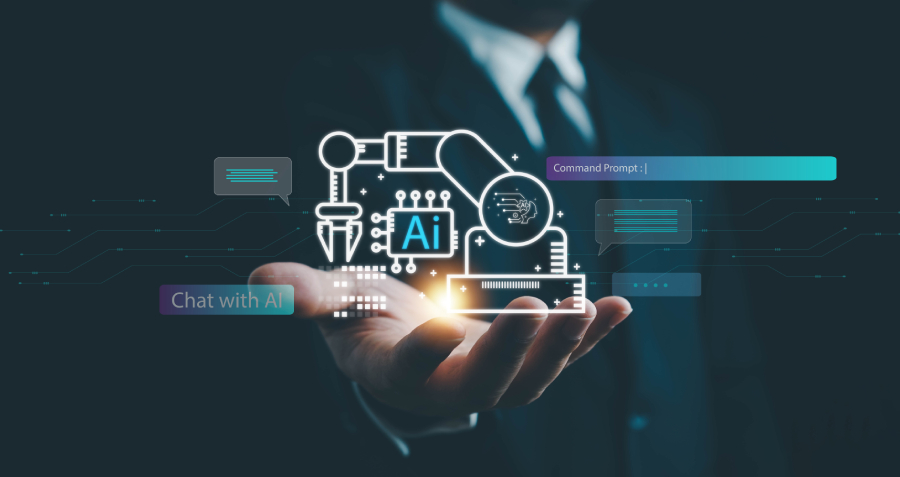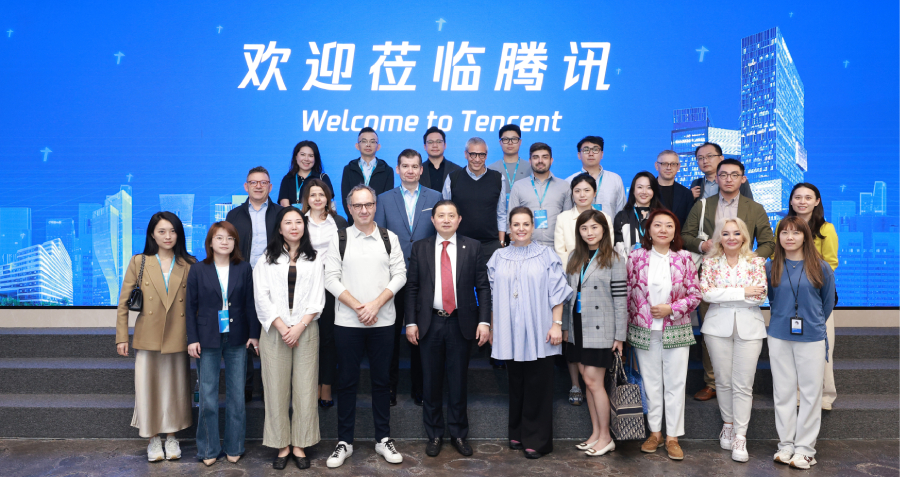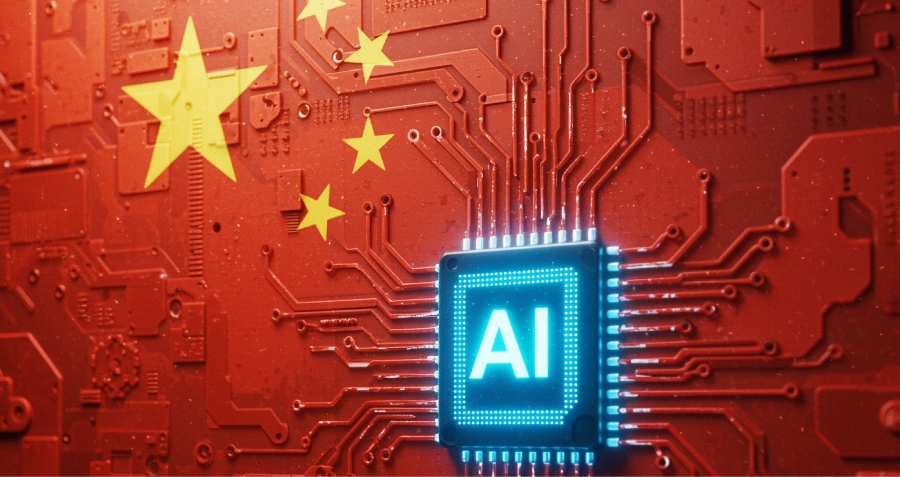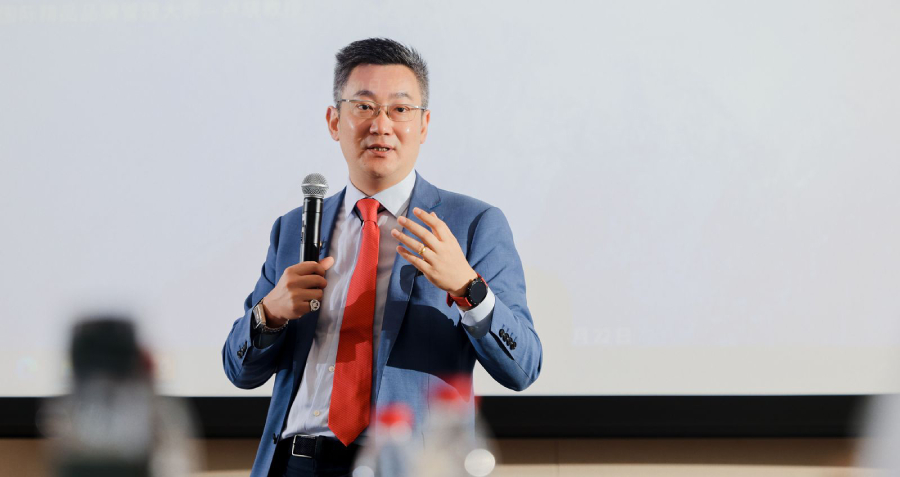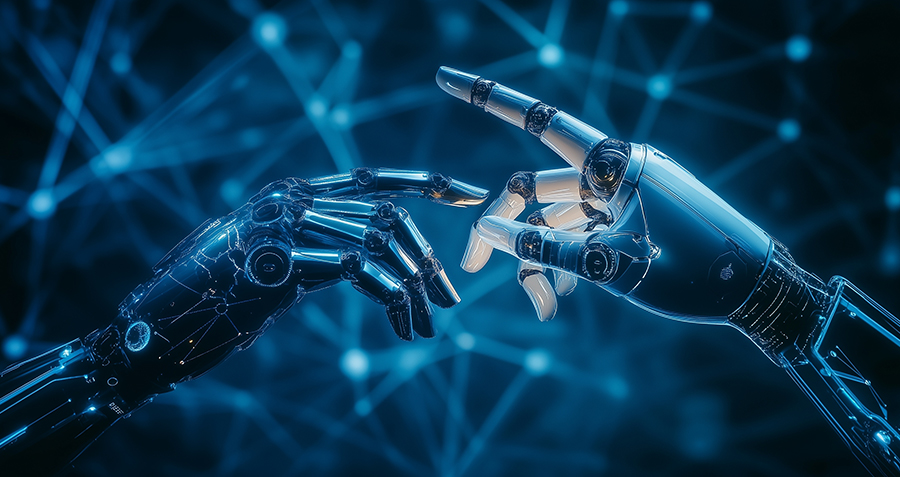Made in China 2025: Looking at a decade of China’s self-sufficiency drive
During a visit to the Ministry of Industry and Information Technology in 2015, shortly after the introduction of the Made in China 2025 initiative, the then-Premier Li Keqiang remarked that “industrial manufacturing is an important…
Developing Brands in China: AI is driving forward an already digital-forward market
For international brands seeking entry into China, the landscape has shifted significantly over the past…
Shipping and Logistics: China’s expanding maritime role
Helping to cement its role as the world’s most important trading nation, the past few…
Robotics in Industry: China is set to lead in the application of embodied intelligence
Robotics, in particular robots equipped with artificial intelligence (AI), is key to industrial development as…
China’s Pet Market: Cats and dogs are the new family
Walking down the trendy Anfu Road in central Shanghai, you…
Building Tomorrow’s Cities: Prof. Ibrahim Odeh on Digital Twins, AI, and the Future of Urban Development
As cities worldwide grapple with unprecedented challenges — from climate…
Case Study: OPPO Creating a Deeply Localized Global Enterprise
Born Global Founded in 2004, OPPO was originally created within…
Chinese International Travel: Post-pandemic recovery and preference changes
Chinese tourists are now flooding through Singapore’s Changi Airport in…
Latin America’s Innovation Hub: The Rise of Brazil’s Venture Scene
Over the past decade, Brazil’s venture capital and private equity…
China’s pension pot: A weak social safety net is impacting on consumer spending
“I was not a big saver in the past, but…
Tech Frontiers: Opportunities and challenges for the internationalization of Chinese technology enterprises
US-China Technology Frontier Series – This Q&A is the third…
Tech Frontiers: The Road to Innovation for Chinese Companies in the Age of AI
US-China Technology Frontier Series – This Q&A is the second…
China’s tech firms are innovating in the age of AI
US-China Technology Frontier Series – This Q&A is the fourth…
Luxury Brand Strategies: A shift from goods to experiences
Q. How would you describe the trends in the global…
Driving the digital economy: Chinese influence on Southeast Asia’s digital landscape
The Asia Start program is crucial because it provides startups…
The AI revolution: How China’s government and private sector are pushing AI development forward
The sudden emergence of DeepSeek’s latest large language model in…
The AI boom and dot-com bubble: Comparisons and insights across 25 years
On 27 January 2025, NVIDIA’s market capitalization fell by 17%,…
Lights, Camera…Traction? What’s next for China’s film industry after Ne Zha 2?
Chinese cinema got off to a flying start in the…
Consumer spending: China struggles to return to pre-pandemic spending levels
In the midst of a moribund economy, China’s consumer confidence…
How China’s Linglong Tire Scaled Through Strategy and Innovation – ‘Unleashing Innovation in China’ Series
Over the past four decades, Linglong Tire has evolved from…
Trump’s Tariffs: The impact of ‘Liberation Day’ on China and the world
On April 2, termed ‘Liberation Day’ by the US administration,…
‘Unleashing Innovation in China’ Series- Powering Ahead: How TCL Transformed into a Global Tech Leader
From Assembly to Innovation: TCL’s Rise in the Global Market…
Luxury brands in China: The increase in demand in China’s upscale market
Bio: Pierre Xiao Lu is the author of International Luxury…
Robot translators: bridging the language gap between IoT devices and AI models
Bio: Yongli Chen is the Founder & CEO of Edgenesis.…
‘Unleashing Innovation in China’ Series- The Cream of the Crop: Yili’s Global Ambitions in the Dairy Industry
Over the past three decades, Inner Mongolia Yili Industrial Group…
AI in Healthcare: Promise, Peril and the Path Forward
As artificial intelligence revolutionizes industries worldwide, healthcare stands at a…










